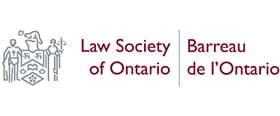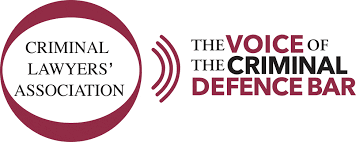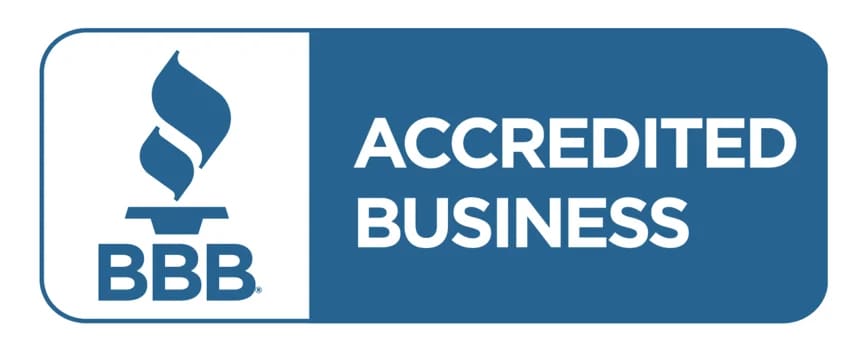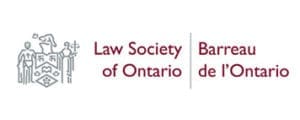Criminal records are registered for life. Your fingerprints are kept for all police agencies throughout Canada & North America.
Where a person is convicted of a criminal offence in Canada, the record is registered against that person for life with the Royal Canadian Mounted Police (RCMP).
The criminal record is available through the Canadian Police Information Centre (CPIC) to all police services, customs, authorized agencies and USA law enforcement.
Criminal records have information about your identity, charges against you, convictions, fingerprints, photographs and DNA where collected.
Criminal records and fingerprints can be removed by contacting our office at 647-930-0200.
When you travel, any border official can question you about your criminal record and deny access to their country.
If you have been convicted of impaired driving and are trying to drive into the USA the Customs officers can deny you access to drive across the border.
When you apply for a job or clearances an employer will see that you have a criminal record, by requesting a criminal record check.
Persons with a criminal record may encounter have issues with employment. Many employers require a criminal record check, and will not hire someone with a criminal conviction. If you wish to work in a government agency you may find that employment is denied or you may be required to obtain a criminal record suspension (pardon) before considered for work.
When dealing with family law or child custody issues a judge can take into consideration the criminal record as evidence of the person’s character. A criminal record could be considered evidence of bad character which may have an impact on who or under what terms child custody or visitation rights maybe granted.
In regards to educational institutions such as medicine, security, child care and businesses involving money e.g. banking or accounting, having a criminal record may disqualify the student from attending or graduating.
Any person applying for Canadian citizenship will be denied citizenship if they have a criminal record and those persons who do not have permanent residency in Canada maybe deported where they commit criminal acts in Canada.
If you are not a Canadian citizen you can be deported due to criminal acts.
If you are currently volunteering or considering volunteer work, most agencies now require a criminal record check. If you have a criminal record you will have to disclose and provide to the agency your criminal record to which the agency may disapprove your application.
In regards to adoptions, persons considering the adoption process must pass a vulnerable sector search which will result in a denial due to a criminal record.
In general, someone who already has a criminal record and commits another criminal offence will be sentenced more severely than someone who has never been convicted of a criminal charge. Impaired driving laws have increased penalties for repeat offenders;
Second impaired or dui offence;
- fourteen (14) days in jail
- 3 year minimum requirement to drive a car equipped with an ignition interlock device
- 30-day minimum jail sentence
- Fine amount at the discretion of the judge
- Licence suspended for 3 years
Third impaired or DUI offence;
- Lifetime minimum requirement to drive a car equipped with an ignition interlock device
- 120-day minimum jail sentence
- Fine amount at the discretion of the judge
- Lifetime licence suspension (can be reduced to 10 years if certain conditions are met)
Criminal records stay with you for life. They do not automatically disappear, not after several years and not for minor offences. Except in a few cases, you may apply for a record suspension (pardon) if you want the RCMP to keep your record separate from other criminal records so that the information is not accessible.
However, after a certain time period, the criminal record of a person under 18 years old when he or she committed an offence cannot be disclosed, unless that person committed a serious offence and was sentenced as an adult.
Having your criminal record suspended does not erase being found guilty of a criminal offence, or being “convicted”. This means you must answer “yes” if someone asks you “Have you ever been found guilty of a criminal offence or convicted?”, or any other similar question, and explain that you received a record suspension.
As a general rule, no, since a criminal record in these cases is only temporary.
Discharges can be given for certain less serious offences or a first offence, when it is in the best interests of the guilty person and the discharge doesn’t harm society.
If you are given a discharge, you are considered not to have been “convicted”.
In the case of an absolute discharge, the RCMP automatically removes the criminal record from its files after one year. For conditional discharges, the RCMP automatically removes the criminal record from its files three years after the probation order. (A conditional discharge could include, for example, a condition that the discharged person not disturb the peace).
In both situations, after the time limits are up, a criminal record can only be disclosed in rare cases. Even if the RCMP has removed your record from its files, it is generally recommended that you file an “Application for no-disclosure of information contained in computerized records in criminal matters “, just to ensure that all traces of the record have been totally erased.
The application must be filed with the clerk at the courthouse where your case took place.
If your criminal record has been suspended, or you have been found guilty of an offence that is not connected to the job, nobody can fire you, refuse to hire you or put you at a disadvantage because of your criminal record.
However, an employer can fire you or refuse to hire you if you do not have the qualifications and skills required for the job.
In this case, it might be difficult to prove you were fired or refused solely because of your criminal record. In addition, a criminal record can harm your chances of working in certain sectors, such as the police or employment that involves money. You cannot work for the police if you were found guilty of a criminal offence.
Also, you might be refused a licence to practice certain professions governed by the Professional Code if you were found guilty of a criminal offence and have not gotten a record suspension.
These professions include for example nurses, acupuncturists, geologists, lawyers, doctors, dentists, pharmacists, engineers and architects.
Yes, an insurer can refuse to insure you, cancel your insurance, or reject a claim if you have a criminal record or failed to disclose your record. An insurer can refuse to cover you, demand a higher price, or offer reduced coverage if the insurer considers your criminal record to be an important factor.
The insurer must, however, prove a link between your criminal record and what is covered by the insurance.
Each case is unique, for example, fraud, theft and possession of stolen goods might be relevant when evaluating risk under an insurance policy covering property and responsibility for harm caused to other people.
An insurer in this case may be justified in refusing or canceling the insurance. However, the criminal record would often not be relevant if it contained very old criminal convictions with no connection to the insurance policy coverage.
You are legally required to quickly reveal to an insurer any information that could increase the risk of insuring you. Your obligation does not end once the insurance policy is issued! You must reveal risks during the whole period you are covered.
With difficulty, American immigration laws are very strict regarding people found guilty of crimes.
American immigration agents have a lot of discretion on these matters. You cannot enter the United States if:
- You have been found guilty of a moral turpitude offence, or an offence related to drugs, terrorism, prostitution, national security, etc. (To find out about offences of moral turpitude, see the next question.)
- You have been found guilty of more than one offence and the total of your sentences comes to five years or more of detention, whether or not they were moral turpitude offences.
These rules apply even if you have been given a discharge in Canada. A Canadian discharge does not automatically give you the right to enter the United States.
Moral turpitude is not defined in any American law and there is no list of these types of offences. However, American courts have said that this notion refers to behaviour that violates community standards of justice, is dishonest, and is against good morals.
In other words, it refers to behavior that is basically “bad”. Some examples of moral turpitude offences are: robbery (with violence), attempted murder, murder, embezzlement, spousal violence offences, several sex-related offences, etc.
For example, simple assault (if it is not related to violence against a spouse), impaired driving (with no injury or death), and mischief are probably not moral turpitude offences.
Yes. If you lie or try to mislead the border officer, you risk being declared inadmissible and automatically prohibited from entering the country.
Depending on the circumstances, you could be questioned, detained to be removed from the country, or accused of various offences.
So if you are asked, for example, if you have ever been arrested by the police, or if you have a criminal record or any previous convictions, and this is true, you must answer “Yes”.
If it applies to your situation, explain to the border officer that you got an absolute discharge, a record suspension, or another sentence.
It is recommended that you have with you any original documents that can prove what you tell the border officer.


 You’re not guilty unless a judge says you are, not the police or the crown attorney.
You’re not guilty unless a judge says you are, not the police or the crown attorney.





